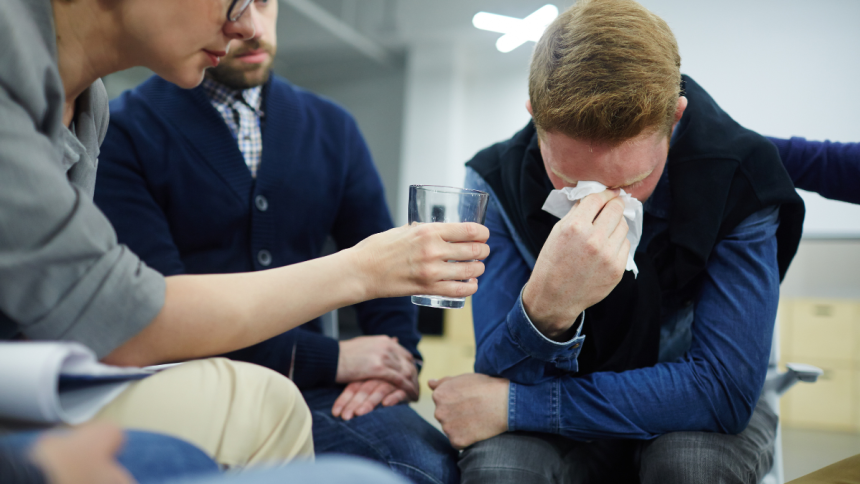Emotional recovery after an accident can be difficult and complicated. It entails dealing with the potential long-term consequences as well as the current psychological impact. Recovery depends on understanding the typical emotional reactions to accidents and implementing useful coping mechanisms.
Numerous emotional responses, such as anxiety, depression, fear, and even post-traumatic stress disorder (PTSD), can be brought on by accidents. These reactions can differ significantly from person to person; some may feel the full impact days or weeks after the tragedy, while others may experience intense emotions immediately.
The best personal injury attorneys can help navigate the legal aspects and ensure that rights are protected, allowing individuals to focus on their emotional recovery.
Here’s how you can recover emotionally after an accident.
Seeking Support
It’s critical to get help from family members and mental health specialists after an accident. Friends and relatives can provide emotional support and encouragement, which can help reduce distress. Counselors and therapists are mental health specialists who can offer targeted advice and treatment to handle anxiety, hopelessness, and PTSD.
Acknowledge and Accept Your Feelings
Did you know that acknowledging and accepting your feelings can help you cope better? Instead of trying to push away or numb the emotions, allow yourself to feel them fully. Acknowledge that it is expected to feel strong emotions following an accident and that it will take some time for them to go away.
Practice Self-Care
Self-care activities like regular exercise, balanced eating, and getting enough sleep can help you manage stress and anxiety. Staying socially connected and maintaining a routine can also support emotional well-being.
Seek Professional Help
If mental distress commences to interfere with your daily functioning, it is imperative to seek professional help. Stress and anxiety can be reduced while improving your general well-being with the help of mental health professionals and individualized therapy.
Join Support Groups
Connecting with those who have gone through comparable horrific experiences can offer support and understanding. Joining a support group provides an opportunity to express emotions, get guidance, and learn coping mechanisms from people going through similar experiences.
Engage in Relaxation Techniques
Practices such as yoga, meditation, and deep breathing can help people relax and reduce anxiety. In stressful conditions, these techniques can also calm the body and mind. A meta-analysis of 27 studies found that relaxation training, including progressive muscle relaxation and meditation, showed a medium to large effect size in reducing anxiety, with Cohen’s d ranging from 0.51 to 0.57.
Challenge Negative Thoughts
After an accident, it’s common for negative thoughts to surface, which can make tension and anxiety worse. You may wander from one idea to another, which makes you feel worse. Challenging these notions by questioning their validity and replacing them with more realistic and hopeful concepts is essential.
Set Realistic Goals
Setting small, achievable objectives can help you feel more accomplished, manage stress, and boost your self-esteem. Don’t focus on what you haven’t done or worry whether you will achieve the end goal. These objectives can be as small as doing housework or as big as returning to work or taking up a new interest.
Take Time for Yourself
It’s essential to take time for yourself during the recovery process. This can involve engaging in enjoyable activities, spending time alone, or simply taking a break from stressful situations when needed.
Moving Forward
The emotional healing process following an injury may fluctuate. It is crucial to ask for assistance when necessary and be patient. With time and good coping mechanisms, it is possible to move past the tragedy and recover emotionally.
Lynn Martelli is an editor at Readability. She received her MFA in Creative Writing from Antioch University and has worked as an editor for over 10 years. Lynn has edited a wide variety of books, including fiction, non-fiction, memoirs, and more. In her free time, Lynn enjoys reading, writing, and spending time with her family and friends.















